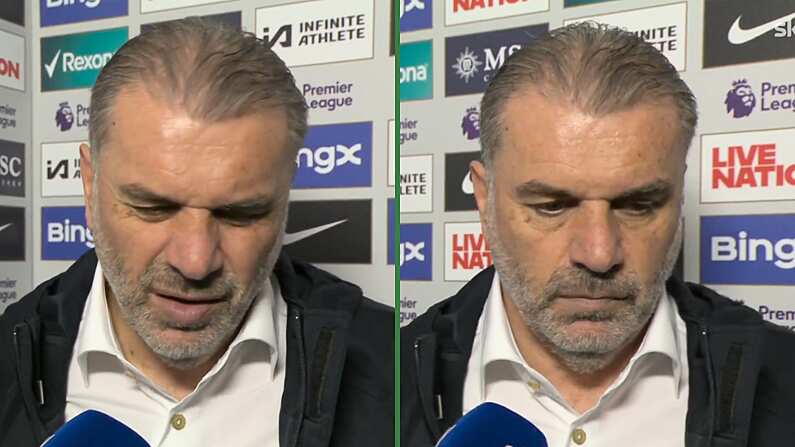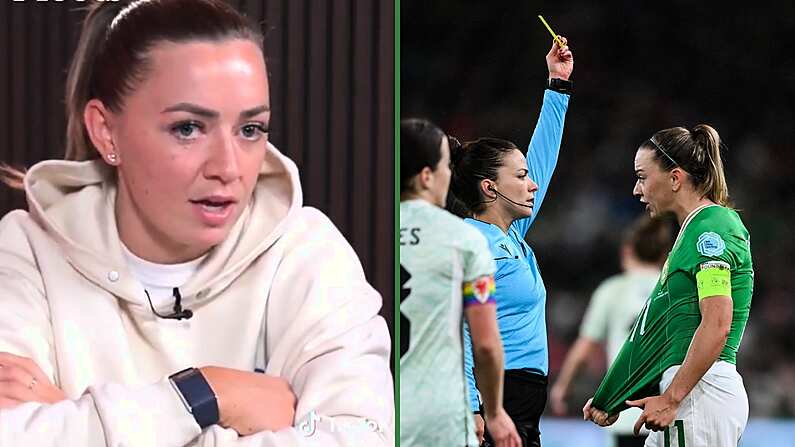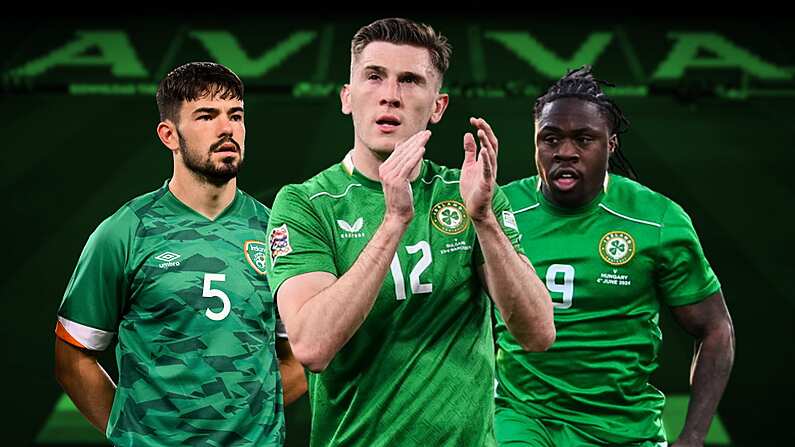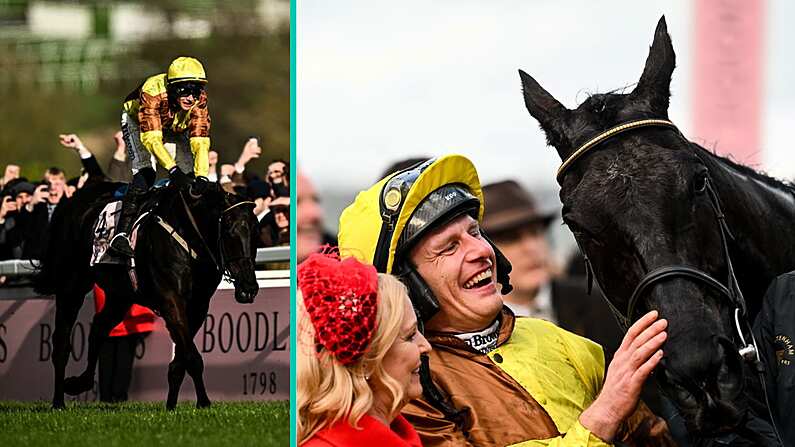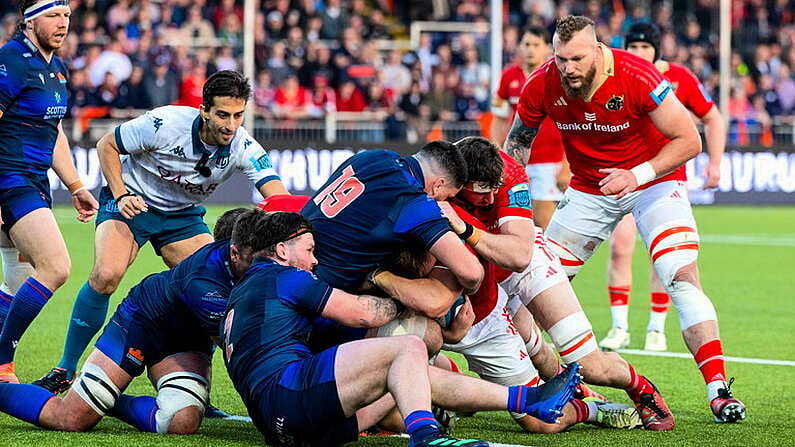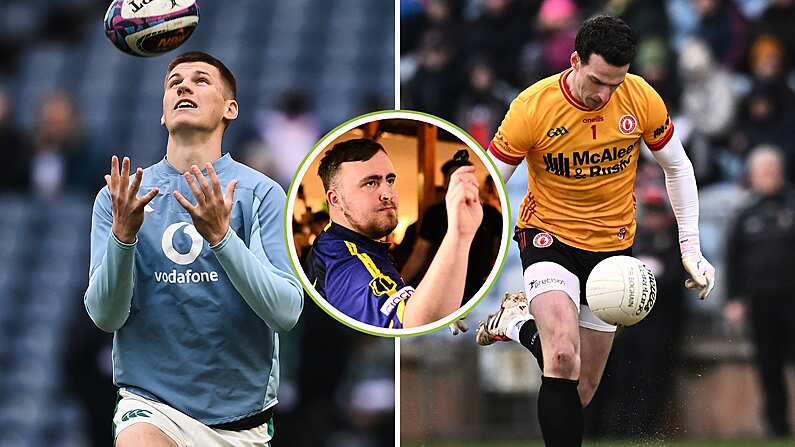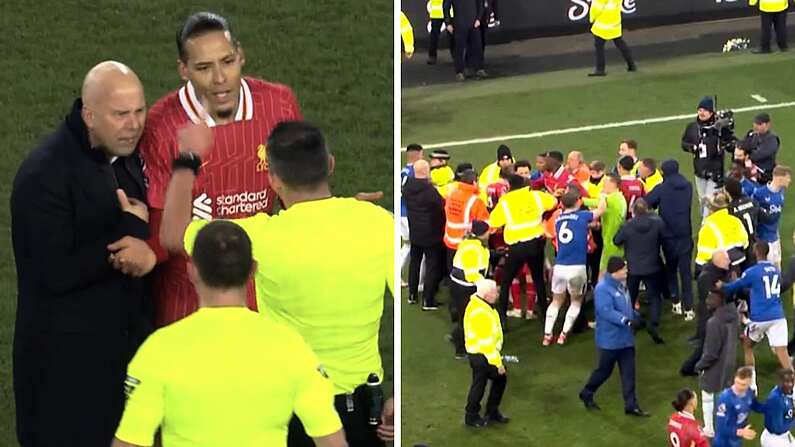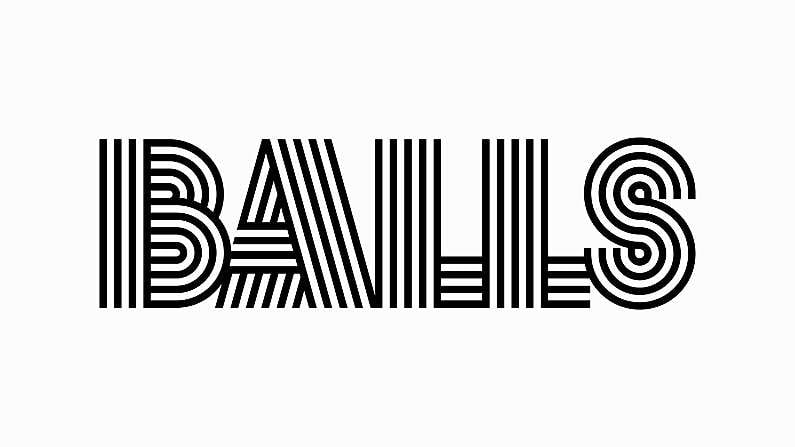Following West Brom's draw at the Stadium of Light, James McClean has brought renewed focus on his terrible relationship with fans of his former side through a couple of social media posts in a feud with Sunderland's Lamine Kone.
It comes after McClean earned a strong reprimand from Tony Pulis following this incident in the reverse fixture at the Hawthorns earlier this year. McClean endured verbal abuse from Sunderland fans throughout the game, and responded to them after the game by gloating in front of them:
McClean initially found himself unpopular among Sunderland fans following his decision not to wear a poppy on his shirt to mark Remembrance Sunday in 2012. McClean believes he was "hung out to dry" by Sunderland over the matter:
Speaking honestly, I think I was hung out to dry by the press people at Sunderland.
That day, we were playing Everton, the manager [Martin O'Neill] was brilliant about it. He understood. He said: "If that's your decision, I fully support you". None of the players had an issue with it.
But pre-game, the press officer went out and issued a statement saying that I wouldn't be wearing a poppy, that it was my own decision and that, as a club, they fully supported the poppy appeal.
That just drew attention onto it straight away. I don't think it would have been anywhere near as bad as it got if that hadn't happened.
Then, when I asked to be allowed to speak about it, I was told that that was a bad idea, not to say anything and let it blow over, so it was kind of brushed under the table, and I felt that was more for the club's benefit than mine.
McClean gave those comments having been allowed to explain his decision not to wear a poppy at Wigan Athletic in 2014 via a public letter. In the letter, McClean wrote that he could not honour all of the British soldiers who have been killed, as that would include those who lost their lives in his hometown of Derry on Bloody Sunday. He wrote that this would be seen as "an act of disrespect to those people; to my people".
As a result of his eschewing of the poppy, McClean has consistently endured verbal abuse from football fans across England. This abuse has been at its most vitriolic at Sunderland, however. To explain this, Balls.ie spoke to Colin Young, a freelance journalist who covers the North-East for the Daily Mail among others.
Young believes that some of the abuse stems from the natural sentiment and the fact that large groups of football fans are unlikely to hold particularly nuanced views on politics:
I know he and perhaps other people that side of water believe there is justification for the stance he takes and there may be, if you properly look into the background and historical background. Unfortunately, your average Wearside or Premier league football fan is unlikely to see the political or personal justification for a stance that remains extremely controversial.
In Sunderland there are those ignorant of Derry and James McClean's personal feelings of what happened there, and why he feels it was justified throughout his Sunderland career not to follow the lead of every other footballer in the Premier League, including other Irish and Argentine footballers.
We're talking about something in Remembrance Sunday which is extremely close to English people's hearts, so there was always going to be an objection.
Young does have some sympathy for McClean in how the poppy situation at Sunderland unravelled, accepting that the club did not fully accept McClean's position on this issue, and were perhaps guilty of playing it down by virtue of not realising the magnitude of McClean's stance. Martin O'Neill, however, initially advised McClean to wear the poppy, with Young saying that McClean's sheer "bloody-mindedness" eventually forced the refusal through, meaning he "should take responsibility for a political stance he is totally and utterly entitled to hold".
McClean's refusal to honour Britain's war dead was bound to prove particularly controversial at Sunderland, a club which have traditionally held strong ties with the military. Young tells us that Sunderland were among the first clubs in England to donate to the "Help For Heroes" cause before it became a Premier League-wide initiative, and have long held a strong military profile. One of Sunderland's most famous footballers - Bob Paisley - served in the British Army in World War II.
So while the abuse over McClean's political stance can be partly put down to ignorance and natural sentiment, Young believes that McClean has exacerbated it. The first is owing to how deliberately confrontational McClean is with Sunderland fans. Young accentuated this by referring to the incident at the Hawthorns:
You have a certain repsonsibility as a Premier League footballer not to respond to it [verbal abuse from the stands] - I can totally appreciate that it's difficult not to respond to it - I think a reaction during the game in the heat of the moment is probably just about justified - but if you look at how McClean reacted at the end of the game at the Hawthorns, that's pre-meditated to me. He thought about how he was going to react to Sunderland fans at the final whistle.
He's deliberately gone over and antagonised the situation at the end of the game, which I think is typical of the mindless way in which he sometimes reacts in a way that I think is deliberate.
The second is slightly more subtle. In making a political stance so public, McClean is guilty of re-animating history along with exploiting a double-standard.
With the British Army's conflict with the IRA largely finished, McClean's public stance on his politics may be less relevant to Northern Ireland, but it is relevant to Britain's current fight against other terrorist threats from abroad. This - in the eyes of many supporters - opens McClean to charges of practising a double-standard:
At the moment, he is a citizen of the United Kingdom, predumably benefitting from the military intelligence service keeping us safe in terms of IS and other terrorist threats which have happened in other major cities and we are told is an inevitability in Britain in the coming years.
As a consequence of living in this country, and drawing a large wage from an English football club, I just wonder where the line is drawn in terms of "ok, let's bury the past and appreciate that what happened has happened. There have been major changes in Ireland as a consequence of the peace process and the British army - while there are clearly problems with the Real IRA and other affiliate groups - face threats from different corners of the world.
At what point do you hold up your hand and say ok, the British army are doing their bit to protect me, James McClean. I think that is a question fans are asking. I'm not saying that is right, what I'm saying is that I think there are people asking those questions and wondering whether James accepts that the past is buried.
The issue with McClean is not that he holds certain political beliefs, but is the fact he has made that stance so public. As long as he continues to do so, his issue with Sunderland fans will not dissipate.






